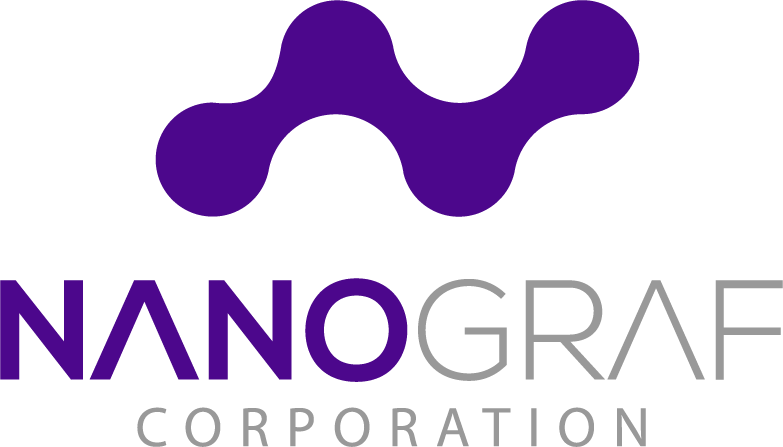The feds give NanoGraf $60M to build a huge EV battery materials factory in Michigan
By Michelle Lewis
September 20, 2024
Chicago-based NanoGraf will build a $175 million factory to produce 2,500 tons of silicon anode material to support up to 1.5 million EVs per year.
NanoGraf’s new factory
The US Department of Energy (DOE) has awarded $60 million to the silicon anode battery company to help build its factory under the Bipartisan Infrastructure Law.
NanoGraf’s project is one of 25 selected across 14 states to receive a portion of the over $3 billion in grants that the DOE announced today. These grants aim to strengthen domestic production of advanced batteries and battery materials in the US.
NanoGraf will use the grant, in addition to its own capital, to retrofit an existing factory in Flint, Michigan. It will be one of the world’s largest silicon anode facilities, significantly boosting US efforts to onshore the battery supply chain. The company says its advanced silicon anode battery material enables stronger, lighter, and longer-lasting lithium-ion batteries.
The Flint factory is NanoGraf’s third battery material factory and increases the company’s total manufacturing footprint to over 414,000 square feet. NanoGraf currently produces silicon anode material for the US military out of two Chicago-based manufacturing facilities, including a new R&D facility at 455 N Ashland Avenue and its headquarters at 400 N Noble Street.
The project will create approximately 200 construction jobs through a project labor agreement with the North American Building Trades Union. Up to 150 new permanent jobs will be created for operations, and around 80% are expected to come directly from the local community.
NanoGraf has signed a neutrality agreement with the United Steelworkers and says it’s committed to partnering with them should a majority of employees wish to unionize.
Electrek’s Take
In November 2022, Connor Hund, chief operating officer at NanoGraf, and I discussed a $10 million Department of Defense contract that the company had secured.
Hund told me that the company’s 18-month contract with the DoD allowed it to scale up domestic production in a careful and deliberate way so that it could lay the groundwork for the next stage of supplying domestically produced batteries to the EV market by 2024.
NanoGraf doesn’t say when it intends to open the Flint factory, but it’s certainly moving toward the next-stage goal that it set in a timely fashion. A huge domestically made lithium-ion battery factory is a welcome thing.
